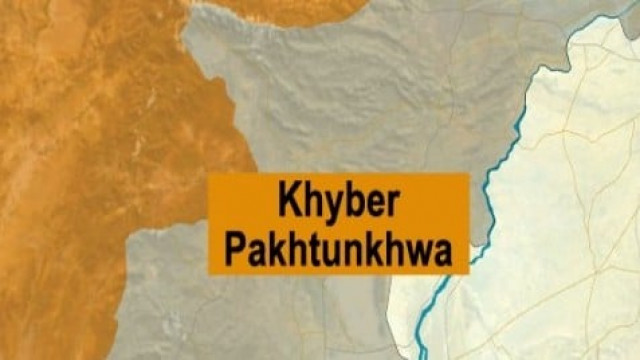Blast survivors carry deep emotional scars
The blast has had a traumatising effect on people. People comprehend that a suicide attack could cause such devastation.

“Yes, my house was destroyed but my children are safe,” replies his old friend. “I had to attend several funerals and could not stop by at your house.” The conversation is typical of the insecure times that the tribesmen are living through in this strife-torn region.
Jan lost eight family members in the twin suicide bombings that targeted the office of the region’s assistant political agent (APA) on Friday. Over 100 people were killed and as many were injured in the attack. The dead included six grandchildren, one daughter and a nephew. “I was in a room of my house when the roof came down, I lost all my loved-ones,” Jan said in a choked voice. “The fight was between the peace committee and the militants. Which brand of Islam is this?
What was the crime of these innocent people? If they had to target the lashkar from Ambar, why didn’t they just do that on the way?” Jan said.
In what remains of his office, an infuriated assistant political agent watches the boundary walls being reconstructed. “More than 25 people were trapped beneath the rubble, screaming for help. We didn’t have heavy diggers and excavation equipment and lost more than twenty people,” says APA Rasool Khan. Although Yakaghund is just forty kilometres from Peshawar, the equipment needed to clear the rubble could not reach here in time. “Though I’ve been trying to condole and pacify an orphaned daughter, a childless mother, a widowed wife for the last three days, the grief and torment just won’t end,” he says.
Women are nowhere to be seen in the area. Blast survivor Roohul Amin does not mince his words, “When no houses remain, how can there be any women or children?” Authorities say 170 shops were destroyed and over 14 houses lay flattened in the wake of suicide blasts.
One of the elders of the Hafeez Khel tribe, who spoke on condition of anonymity, recalled that he rushed a security personnel guarding the APA office, Nazar Gul, to the hospital.
On the way to hospital, Gul told the elder tribesman that a slow moving red pickup pulled up outside the office and suddenly exploded.
He said the driver of the pickup was wearing a garland around his neck. The blast has had a traumatising effect on people. For starters, people cannot get over the fact that a suicide attack could cause such devastation. Some residents continue to believe that it might have been the work of a pilotless drone.
The fatalities have climbed up from 70 on the day of the bombings. The number of dead is counted at 107 and another hundred suffered injuries. At the same time, people still wait for their loved ones to return home. As a water tank tries to wash out the physical remnants of the blast from the road in Yakaghund, the emotional scars it has left behind will not go away.
Published in The Express Tribune, July 13th, 2010.



















COMMENTS
Comments are moderated and generally will be posted if they are on-topic and not abusive.
For more information, please see our Comments FAQ